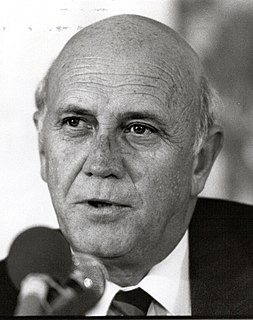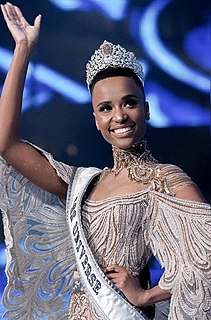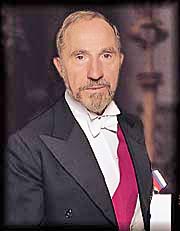A Quote by Trevor Noah
I was lucky to come along for the ride. [My mother] really is an amazing woman. And the world we lived in in South Africa at the time was a very matriarchal society because so many black men had been removed from the home.
Related Quotes
Race is not the only differential in South Africa, in the new South Africa, where all schools are open, mother-tongue education is a very big issue. One of the main reasons why the dropout figure of black students, and the lower pass rate of black students in the present education system, and it was like that before, was that we didn't have mother-tongue education.
We were land-based agrarian people from Africa. We were uprooted from Africa, and we spent 200 years developing our culture as black Americans. And then we left the South. We uprooted ourselves and attempted to transplant this culture to the pavements of the industrialized North. And it was a transplant that did not take. I think if we had stayed in the South, we would have been a stronger people. And because the connection between the South of the 20's, 30's and 40's has been broken, it's very difficult to understand who we are.
I was raised in a completely black world. In those days, if a white woman married a black man, she lived as a black woman, and that was just the end of it. So, I don't have a feeling of being bi-racial. I don't have a connection to it. People often come up to me thinking I do have a connection to it, and I kind of let them down because I really don't.
When you say 'the man of the house,' the black woman has been the woman and the man of the house, because black men have so often had to spend all of their time and energy working and trying, at least, to give their families the basic needs. So black women, I find, are not really concerned about women's liberation.
I grew up in a household where there were really, really strong matriarchal characters. I think that's true of many Asian households. People tend to think of Asia as a misogynistic society or a society where men rule. At least in my experience, the women rule the household; the women rule the social scene. The men often become very useless.
In general, Iranians believe that all Palestinians have the right to return home and that there is no chosen people on this earth, whether Jewish, Muslim, Christian. Iran had the same policy towards apartheid South Africa and at the time when it was supporting and funding the ANC [African National Congress] among other groups in South Africa, these groups were also considered to be terrorist organizations by many western governments.

































